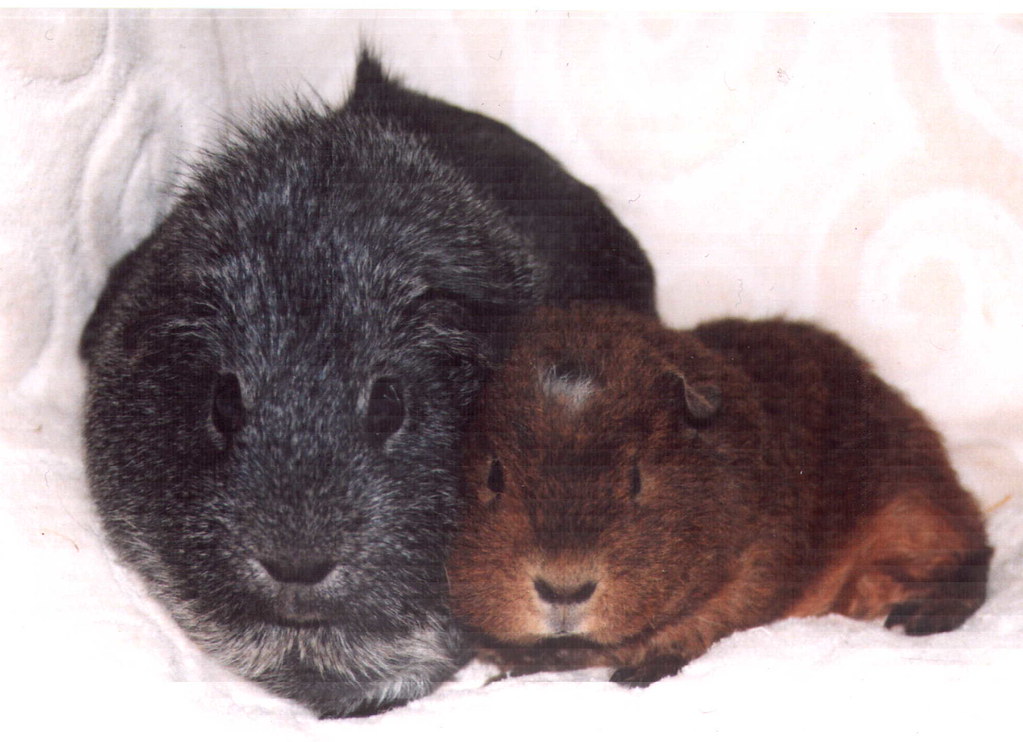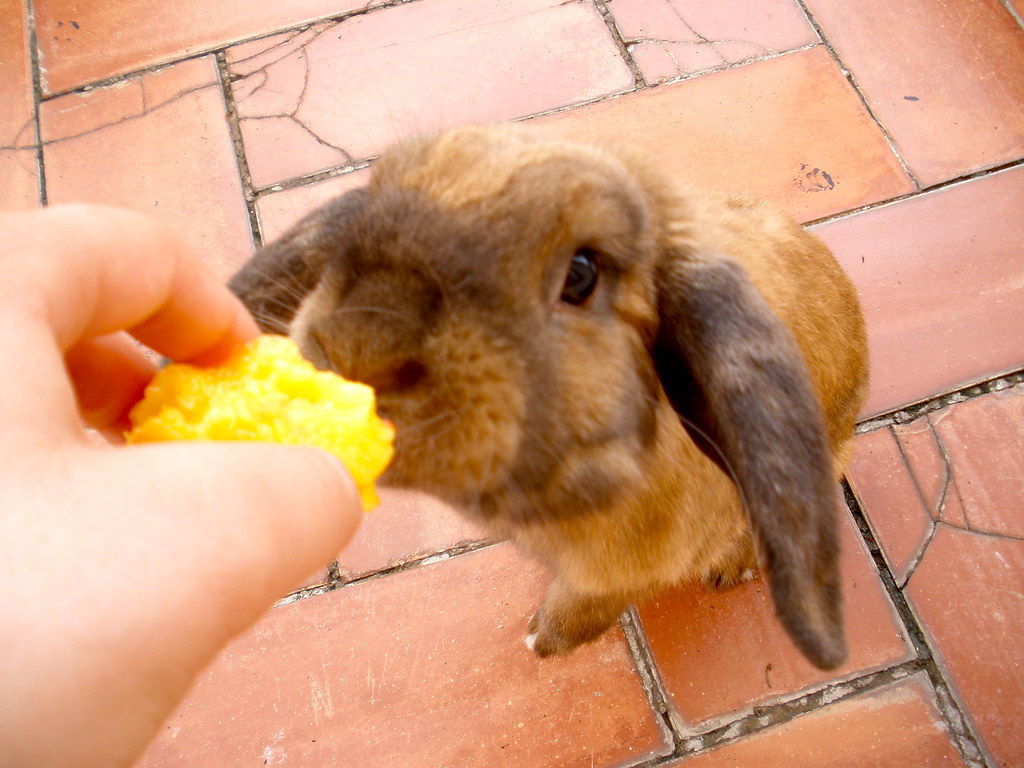Are you a proud guinea pig parent, or are you considering adding these adorable furry companions to your family? One of the most intriguing aspects of guinea pig care is their reproductive habits. The question that often crosses the minds of guinea pig enthusiasts is, “How many babies do guinea pigs have?” In this comprehensive guide, we will delve into the fascinating world of guinea pig reproduction, providing insights into the number of babies they typically have and shedding light on various aspects of their breeding behavior.
Understanding Guinea Pig Reproduction

Guinea pigs, also known as cavies, are known for their gentle nature and sociable behavior. When it comes to reproduction, guinea pigs exhibit interesting patterns. Typically, a female guinea pig, or sow, can have anywhere from one to eight babies, also known as pups, in a single litter. The gestation period for guinea pigs is around 59 to 72 days, making it essential for pet owners to be prepared for the impending arrival of these adorable bundles of joy.
Factors Influencing Litter Size
The number of babies a guinea pig has can be influenced by various factors. The age and health of the sow play a crucial role, with younger and healthier guinea pigs often having larger litters. Additionally, the genetics of the guinea pig pair and the overall well-being of the sow during pregnancy can impact the size of the litter. As responsible pet owners, understanding these factors can help ensure a smooth and healthy breeding experience for your guinea pigs.
The Joy of Guinea Pig Parenthood
Experiencing the birth of guinea pig pups can be a joyous occasion for pet owners. Watching the tiny, squeaking furballs explore their surroundings is an enchanting experience. However, it’s essential to be well-prepared for the responsibilities that come with guinea pig parenthood. Providing a comfortable and safe environment for both the sow and her offspring is crucial in fostering a happy and thriving guinea pig family.
Caring for Guinea Pig Pups
Once the guinea pig pups are born, proper care becomes paramount. Ensuring that the newborns receive adequate nutrition, warmth, and social interaction is crucial for their well-being. As a guinea pig parent, understanding the specific needs of the sow and her pups will contribute to a positive and rewarding breeding experience.
Conclusion
In conclusion, the question, “How many babies do guinea pigs have?” unveils the fascinating world of guinea pig reproduction. From understanding the factors influencing litter size to embracing the joys of guinea pig parenthood, this guide aims to equip guinea pig enthusiasts with valuable insights into the reproductive journey of these delightful pets. As you embark on the adventure of caring for guinea pigs, may your experience be filled with love, joy, and the pitter-patter of tiny guinea pig feet.
FAQs About Guinea Pig Reproduction
1. How often do guinea pigs reproduce?
Guinea pigs can reproduce throughout the year, and the gestation period is approximately 59 to 72 days. However, it’s crucial to be mindful of the health and well-being of the sow, allowing adequate time between litters.
2. Can I breed guinea pigs for profit?
While breeding guinea pigs can be a rewarding experience, responsible breeding is essential. Breeding should be approached with the well-being of the guinea pigs in mind, rather than for profit. Overbreeding can lead to health issues for the sow and her offspring.
3. What should I feed a pregnant guinea pig?
A pregnant guinea pig requires a balanced and nutritious diet to support her and her growing pups. Provide high-quality guinea pig pellets, fresh vegetables, and a constant supply of hay to ensure optimal nutrition during pregnancy.
4. How long should I wait before handling guinea pig pups?
It’s best to allow the guinea pig pups to bond with their mother during the first few days of life. Limit handling during this period to avoid stress. After the initial days, gentle and gradual handling can begin to familiarize the pups with human interaction.
5. What should I do if the sow is having difficulty during labor?
If you notice any signs of distress or difficulty during labor, seek immediate veterinary assistance. It’s crucial to monitor the health of the sow and intervene if necessary to ensure a safe delivery.

